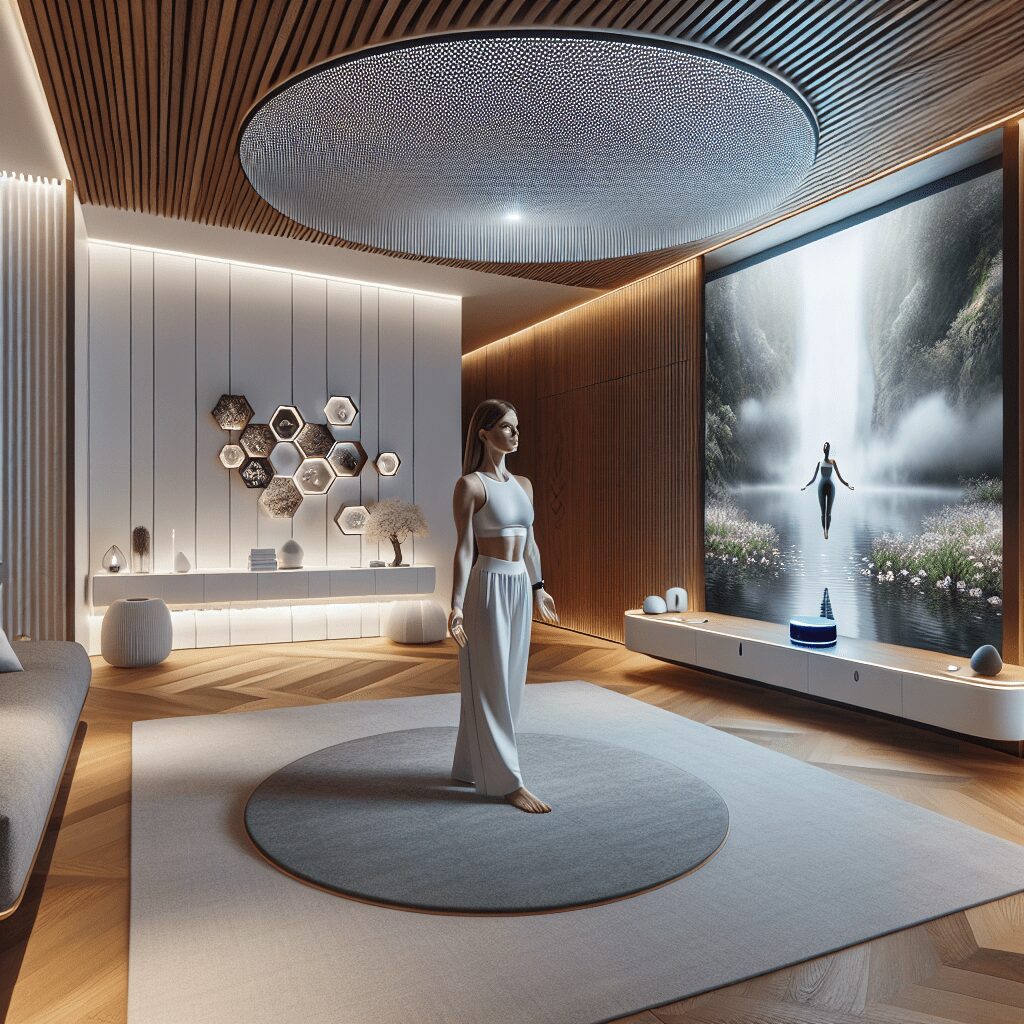
Prioritize your mental well-being daily. Enhance your life by nurturing your mental health with the Smart Meditation app. Break free from stress, alleviate anxiety, and enhance your sleep quality starting today.
Can Lack Of Sleep Lead To Drinking Problem?
Unveiling The Night Owl’s Dilemma: Can Insomnia Brew A Drinking Problem?
Ah, the classic late-night conundrum – to sleep or not to sleep? And when Mr. Sandman turns elusive, it’s not uncommon for folks to turn to a nightcap in a bid to catch some Z’s. But here’s the kicker: could this seemingly innocent ritual pave the way to a drinking problem? Let’s dive deep into the shadowy correlation between sheep counting and bottle emptying, shall we?
When Pillow Talk Turns To Bar Banter
Now, picture this: it’s way past midnight, and you’re wide awake, staring at the ceiling, pondering the mysteries of the universe or maybe just tomorrow’s breakfast choices. After a hot minute, the idea of a soothing drink seems like the express lane to dreamland. Sure, it might help you doze off initially, but here’s the plot twist – it’s more of a band-aid than a cure.
The Vicious Cycle
See, relying on alcohol to hit the hay can quickly turn into a slippery slope. Before you know it, your body starts craving that nightcap not just for sleep, but for kicks too. It’s like this: Alcohol can mess with your sleep cycle, leading to less restorative sleep. And what do tired folks tend to do? That’s right – reach for more alcohol to “help” them sleep. Talk about a catch-22!
But wait, there’s more. Sleep deprivation, on its own, is a mastermind at lowering willpower and boosting impulsive decisions – like, say, pouring just one more drink. And as your sleep quality takes a nosedive, your body’s craving for alcohol takes the pilot’s seat, potentially spiraling into a drinking problem.
The Science Bit – Layman’s Edition
Research plays the spoil-sport to our nightcap narrative by highlighting how chronic sleep issues can increase the risk of developing alcohol dependence. Alcohol, although seductive with its sleep-inducing lullaby, actually interferes with the REM cycle – that’s the part of sleep that’s like a spa for your brain. Interrupted REM cycles mean you wake up feeling about as refreshed as a wilted salad.
So, What’s The Game Plan?
Alright, let’s not doomscroll through the night pondering our life choices just yet. There are healthier detours on the road to snoozeville that don’t involve a pit stop at the liquor cabinet.
- Establish a Sleep Ritual: Keep gadgets at bay and try some relaxing activities before bedtime. Reading a book or practicing some light yoga can work wonders.
- Create a Snooze-Friendly Environment: Ensure your sleeping area is cool, dark, and as zen as possible. It’s like setting the stage for Mr. Sandman’s grand entrance.
- Seek Professional Help if Needed: If counting sheep is turning into more of an Olympic sport, it might be time to talk to a doc. There’s a whole toolbox of strategies they can offer, from cognitive behavioral therapy to safe, non-habit-forming sleep aids.
Wrapping it up, the journey from insomnia to a nightcap and potentially, a drinking problem, is a road better not traveled. By adopting healthier sleep hygiene practices and seeking help when needed, we can keep our sleep patterns and our relationship with alcohol in the Goldilocks zone – just right. So, next time the sandman plays hard to get, maybe reach for a book instead of the bottle. Your body (and your brain) will thank you.





